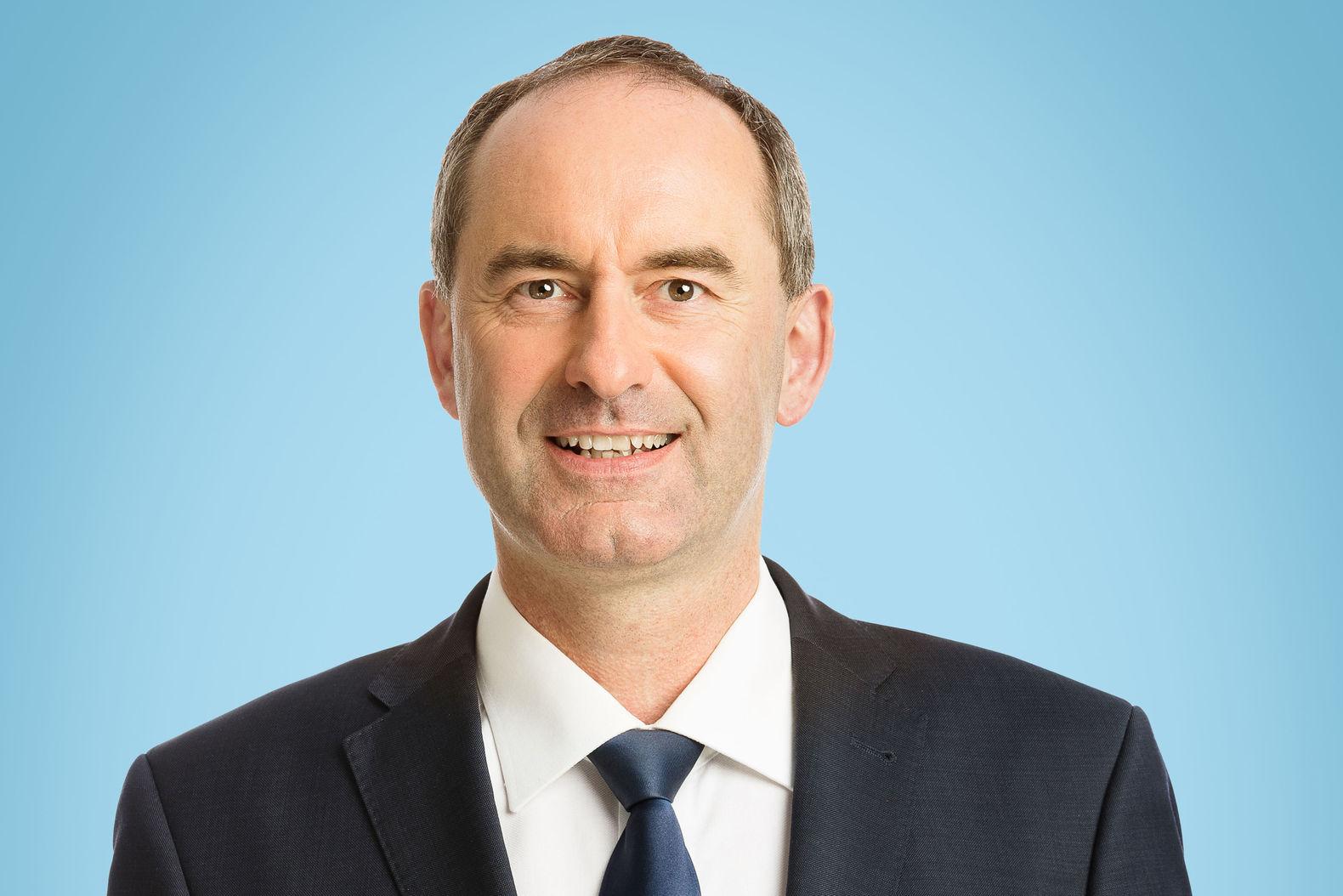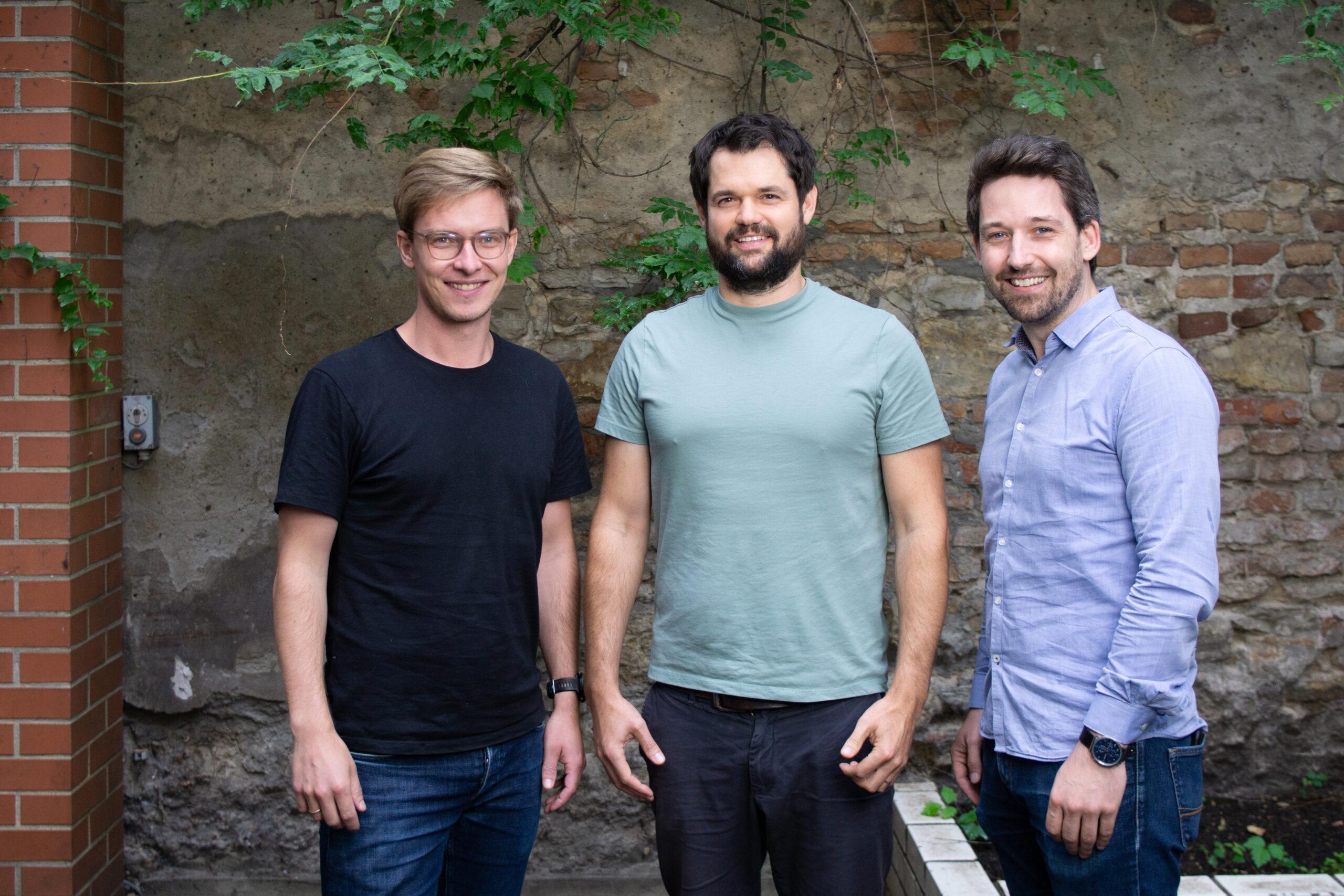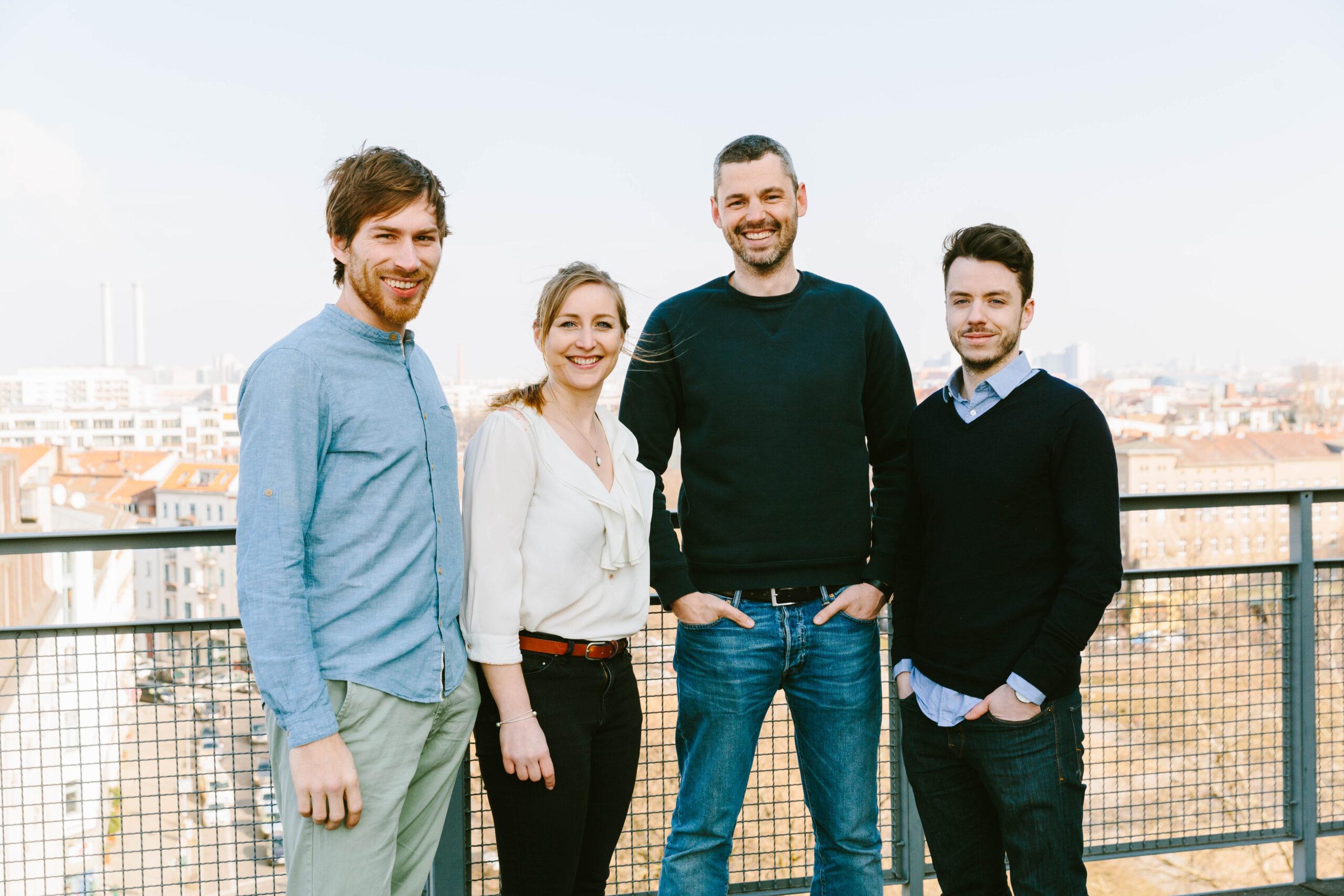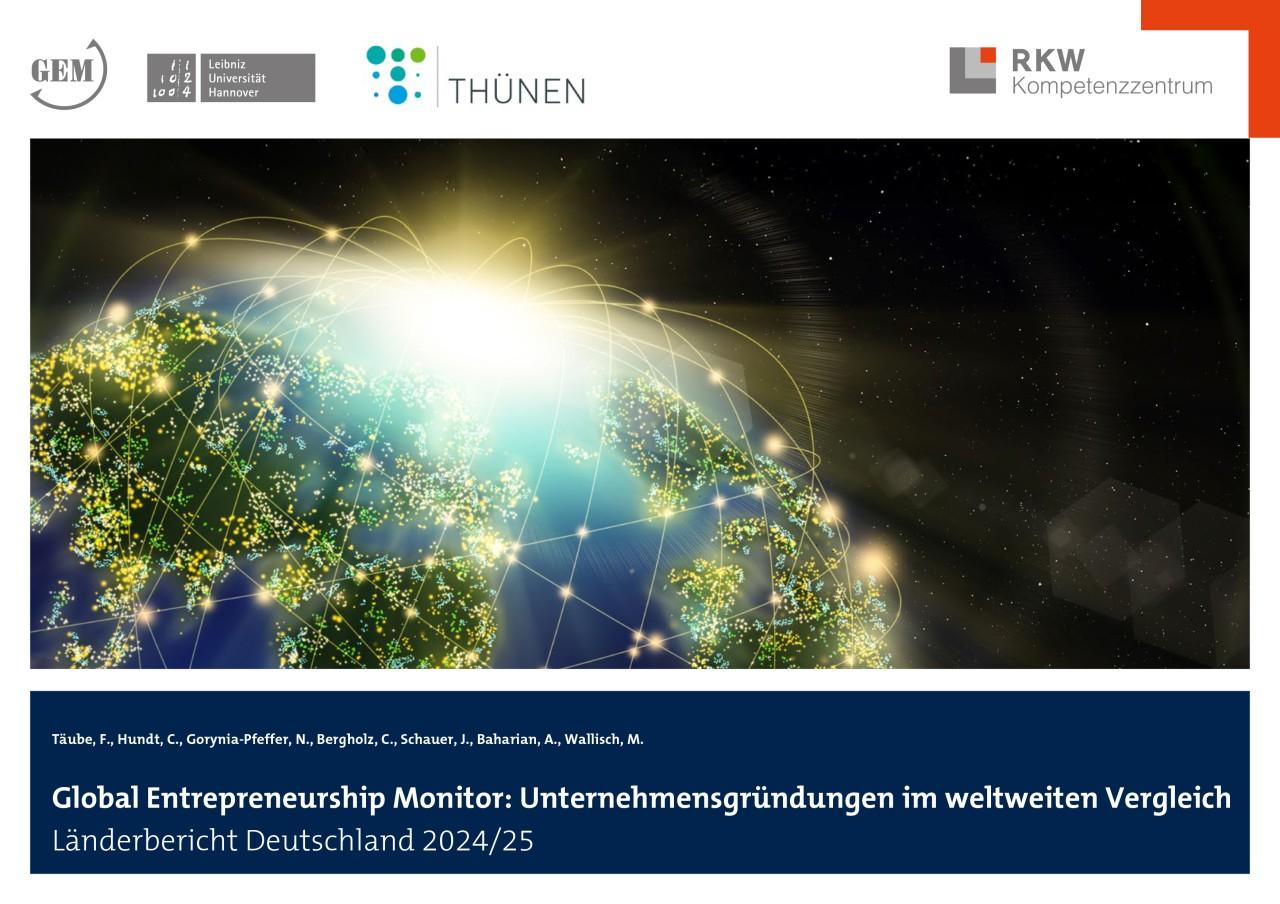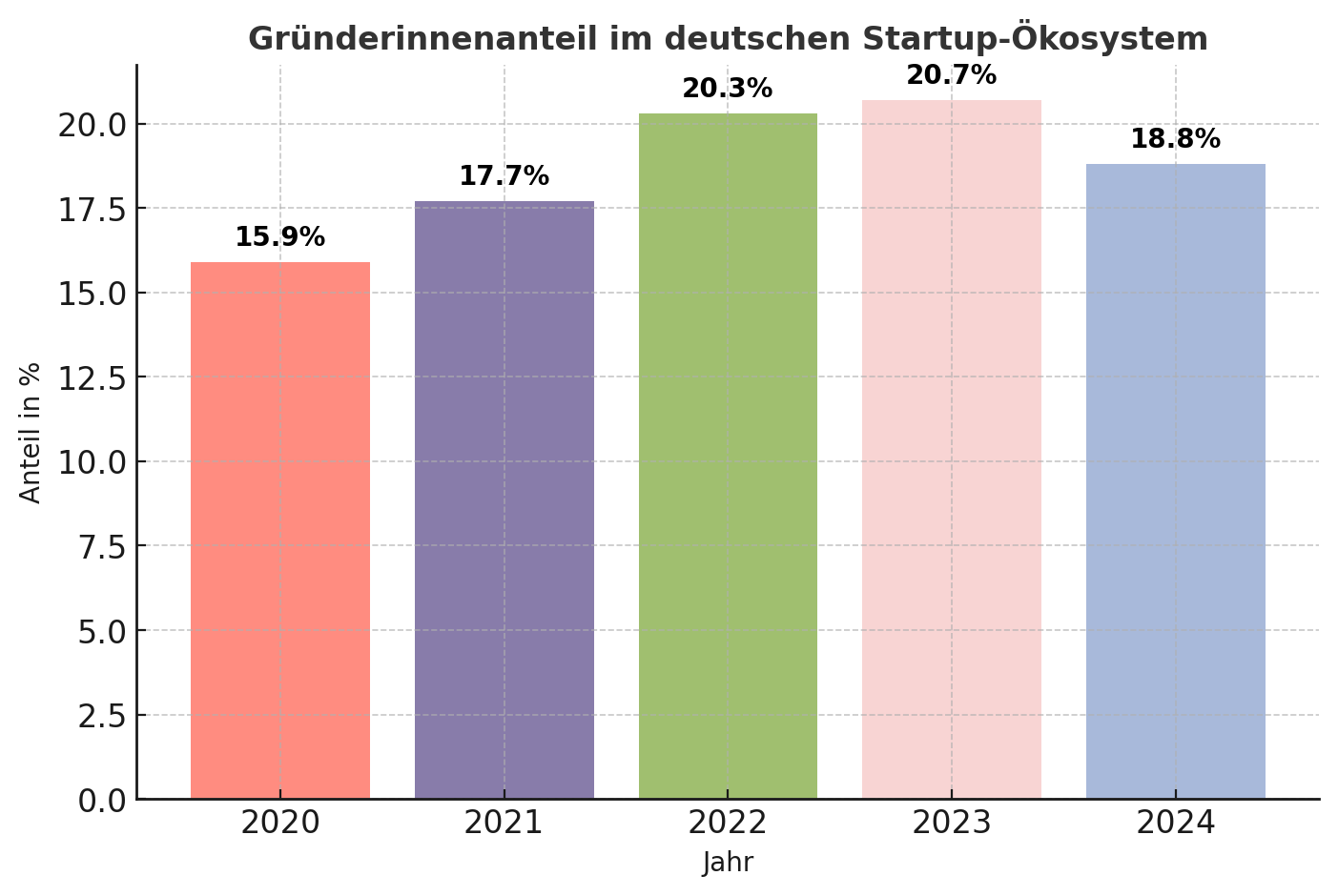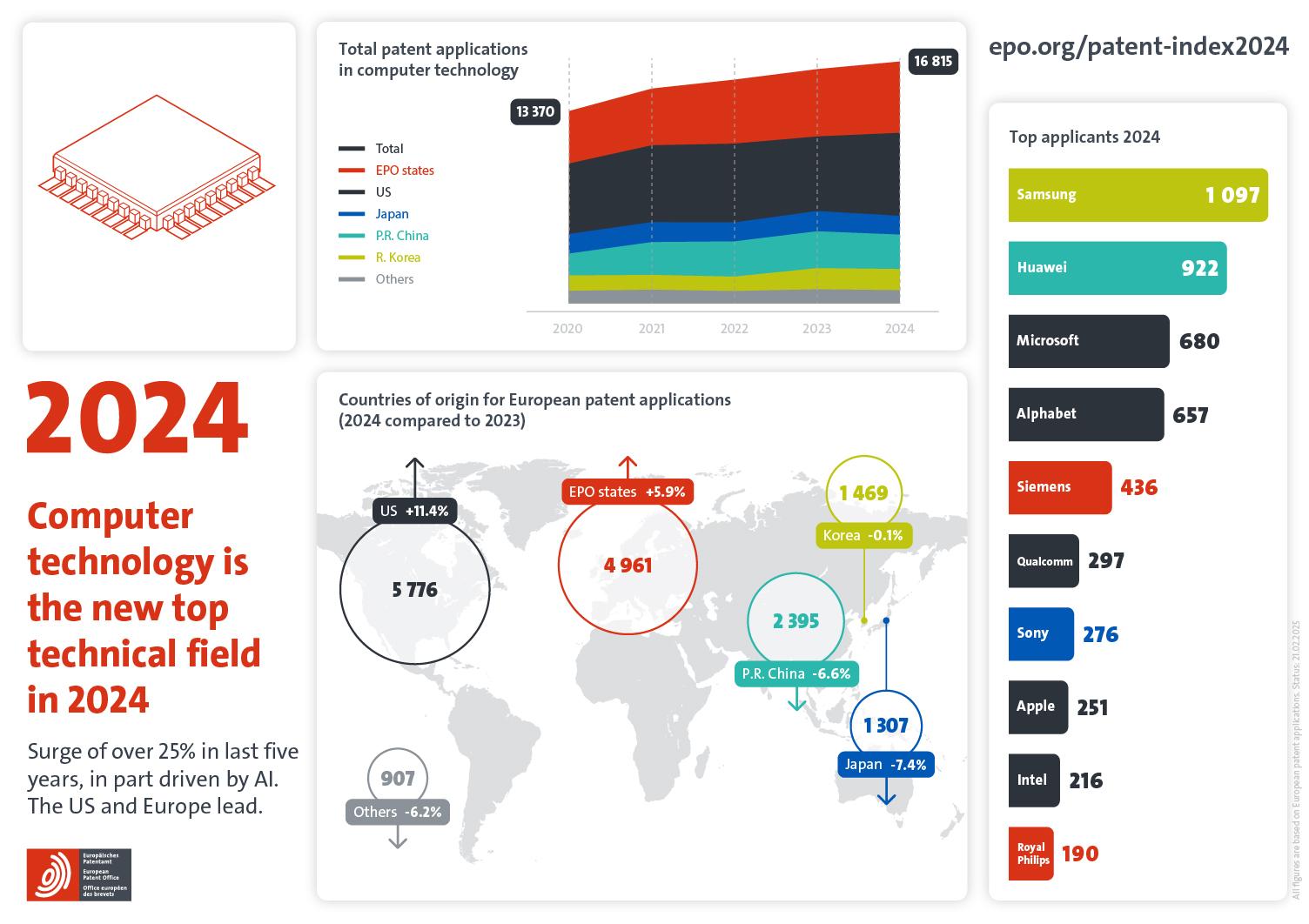Industry criticizes cannabis legalization draft
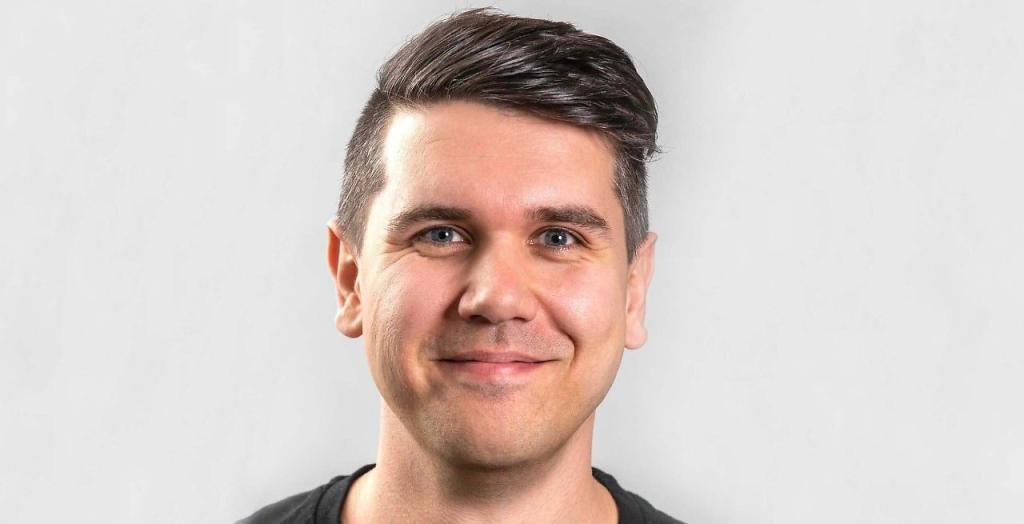
THC limits too low and age requirements difficult to implement. In view of the leaked draft key issues paper, many start-ups are calling for significant changes.
To put it mildly, it's all a bit complicated when it comes to cannabis legalization in Germany. When will it come, what could the legal framework look like and how could it all be implemented in the end? A key issues paper from the Ministry of Health leaked last week, which was first reported by the Redaktionsnetzwerk Deutschland first reported on, is intended to answer all these questions. Although many founders are pleased that cannabis legalization is getting closer and closer, they see a clear need for improvement in some areas, as a small survey by Startbase shows.
"The good news is that legalization is getting closer and the federal government is on the way to keeping the promise made in the coalition agreement," says Lars Möhring, CEO of Enua Pharma GmbH, to Startbase. As this is only a key points paper so far, which is also not yet final, he, like many other founders, only wants to cautiously classify the individual points. "The final legislative proposal should ensure the widespread, safe and sustainable availability of cannabis," he demands. It is therefore absolutely right that the Ministry of Health no longer classifies cannabis as a narcotic and also wants to enable online trading.
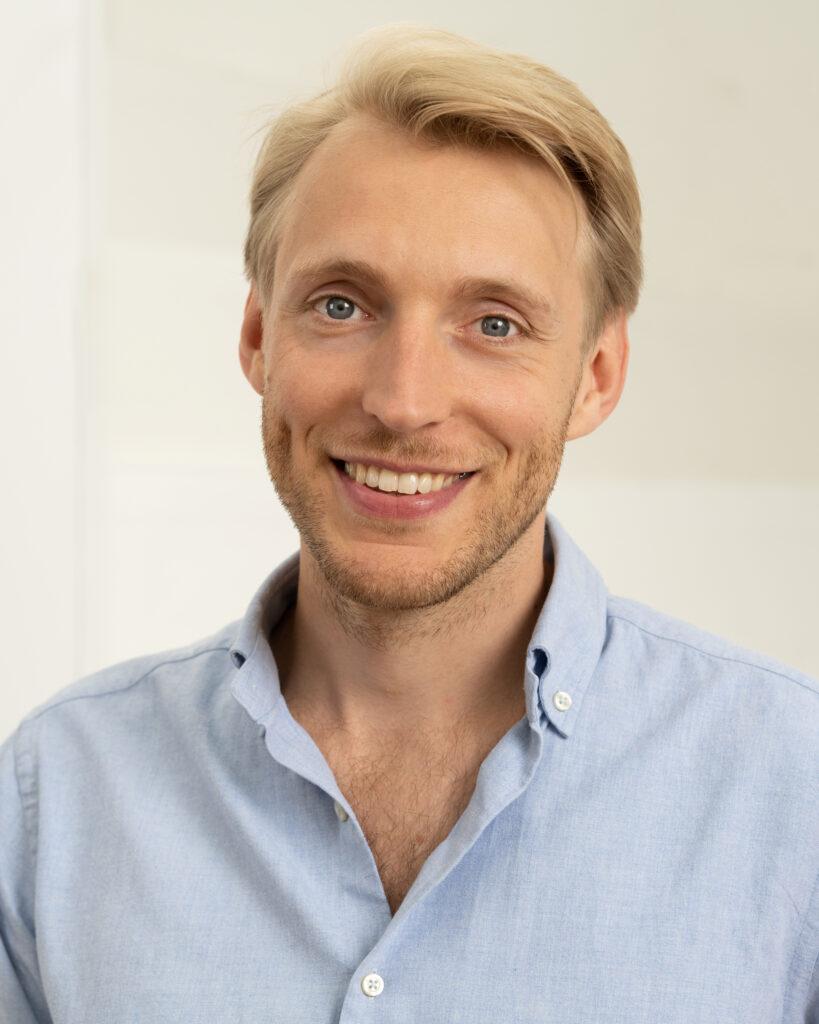
However, many industry representatives are particularly critical of the proposed THC content. According to the current draft, cannabis in Germany may only contain 15 percent of this active ingredient. When sold to people between the ages of 18 and 21, it should only be a maximum of ten percent.
15 percent would be largely below what is currently contained in medical cannabis, says Florian Wesemann from the start-up Nowomed, which focuses on alternative medicine with cannabinoids. "This means that therapy with a high THC content, for example with preparations containing up to 25 percent, would remain in medical hands," he explains. This would not effectively curb the black market.
Constantin von der Groeben, co-founder and managing director of Demacan, a manufacturer of medicinal cannabis, also has no problem with the THC upper limit. He considers it "simply impractical", he says. Lars Müller, founder of Synbiotic, also considers the planned THC upper limit to be too low. He fears that the black market would otherwise concentrate on higher-dose cannabis.
Müller is positive about the fact that hemp will also be produced in Germany in the future. "We hope that, in the long term, we will end up with a German purity law for cannabis, regardless of whether the product comes from domestic production or can be imported from abroad at some point."
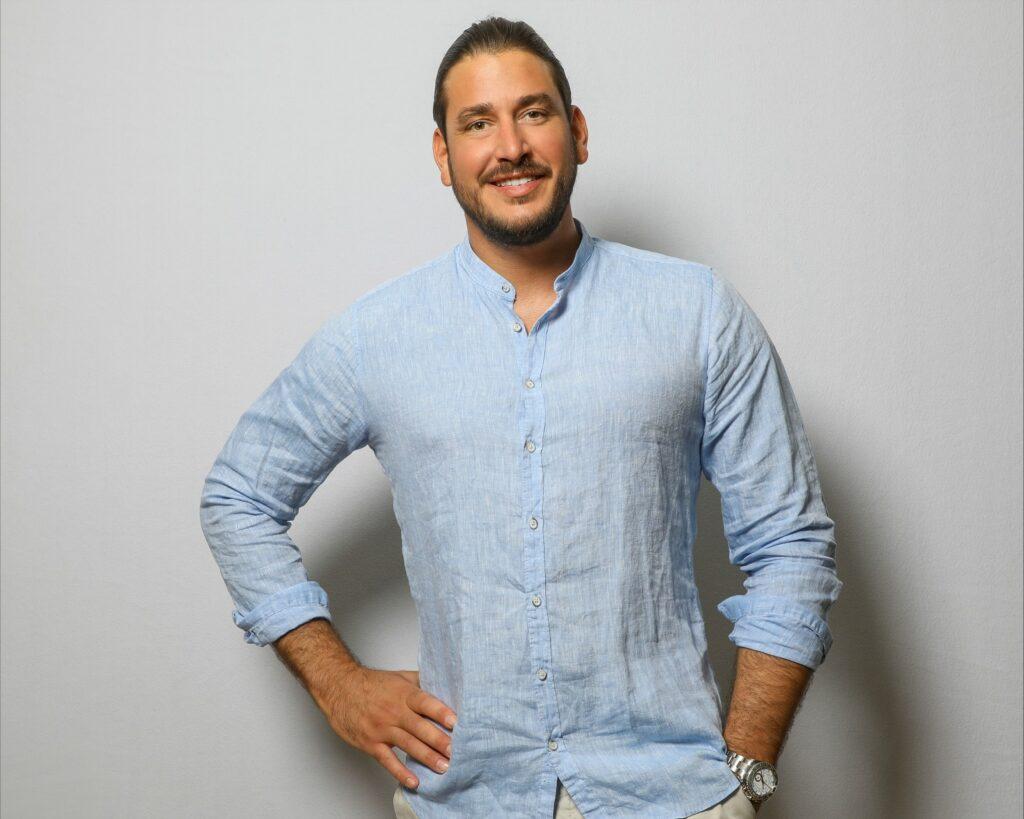
Lars Möhring, on the other hand, warns against only recognizing cannabis grown in Germany. "At the moment, Germany only grows up to four tons for medical purposes. This does not even come close to meeting the annual demand for the approximately 300,000 patients," he says. The CEO assumes that around five million additional users will buy cannabis in licensed specialist stores as a result of legalization.
The age limit for THC levels, which the Ministry of Health apparently wants to introduce, is also controversial in the industry. Especially for young adults under the age of 25, the negative effects of cannabis use on brain development must be taken into account, says Florian Wesemann from Nowomed. However, he considers a separate THC limit of ten percent for 18 to 21-year-olds to be difficult to implement and verify. "If this regulation is introduced, I think it has a high potential for abuse," he says. Other founders also think it is too complicated.
However, in addition to all the details, the first thing that needs to be clarified is whether the German government's legalization plans are legally possible at all. "Germany interprets cannabis legalization as compliant with international and European law," says Niklas Kouparanis, co-founder and CEO of the Bloomwell Group. "Whether a draft law is initiated at all depends on whether the European Commission shares this view." The final version of the key points paper still needs to be improved.

Newsletter
Startups, stories and stats from the German startup ecosystem straight to your inbox. Subscribe with 2 clicks. Noice.
LinkedIn ConnectFYI: English edition available
Hello my friend, have you been stranded on the German edition of Startbase? At least your browser tells us, that you do not speak German - so maybe you would like to switch to the English edition instead?
FYI: Deutsche Edition verfügbar
Hallo mein Freund, du befindest dich auf der Englischen Edition der Startbase und laut deinem Browser sprichst du eigentlich auch Deutsch. Magst du die Sprache wechseln?

